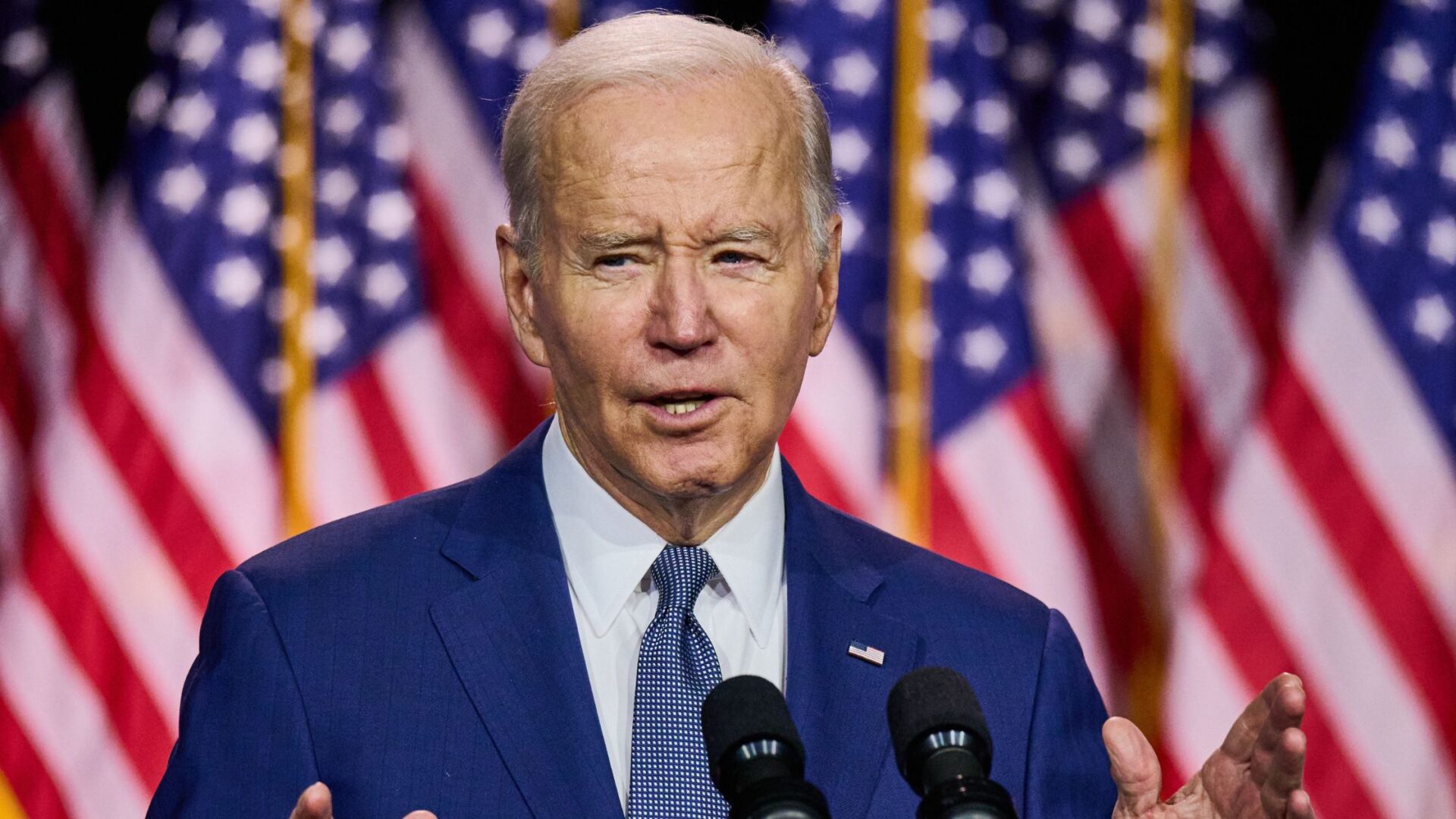Key Takeaways:
- Transgender troops may face separation unless granted a waiver.
- Waivers require 36 months of stability in biological sex without distress.
- New enlistments are barred for transgender individuals unless a waiver is approved.
- Policy changes reflect ongoing political shifts under different administrations.
Transgender Troops Face New Challenges Under Latest Pentagon Memo
In a recent move, the US Pentagon has introduced stricter guidelines for transgender military personnel, potentially affecting their ability to serve. The new memo outlines that transgender service members may be separated from the military unless they obtain a special waiver. This decision comes as part of a broader executive order by President Trump, continuing a seesaw of policy changes that have impacted transgender troops for years.
Who is Affected and How?
The memo targets active-duty service members diagnosed with gender dysphoria, a condition related to discomfort with one’s biological sex. Those affected will need to apply for a waiver to remain in the military. To qualify, they must not have undergone any gender transition steps and must demonstrate three years of stability in their biological sex without significant personal or professional distress. New recruits are also barred from enlisting if they have such a diagnosis or history, though waivers may be granted under exceptional circumstances.
A History of Policy Changes
Transgender military service has been a contentious issue, with policies shifting dramatically between administrations. In 2016, the Obama administration allowed transgender individuals to serve openly, a decision reversed by Trump in 2019 after legal battles. When Biden took office, he reinstated the right to serve, but Trump’s recent return has brought back restrictions.
Uncertainty for Transgender Troops
This latest policy leaves many transgender service members facing uncertainty. Those serving openly now worry about their future, while potential recruits face new barriers. The policy’s focus on waivers and strict criteria creates a challenging environment, emphasizing the political nature of their service.
The Broader Implications
The issue extends beyond the military, reflecting broader political divisions in the US. States vary widely in their policies on transgender rights, affecting areas from healthcare to education. As the military policy continues to shift, the impact on transgender individuals remains significant and uncertain.
In conclusion, the Pentagon’s memo marks another chapter in the evolving landscape of transgender military service. The tight restrictions and waiver requirements signal a challenging road ahead for those affected, highlighting the ongoing debate over inclusivity and policy in the US.
